Is Turkey Really Going to Fight Against Israel?
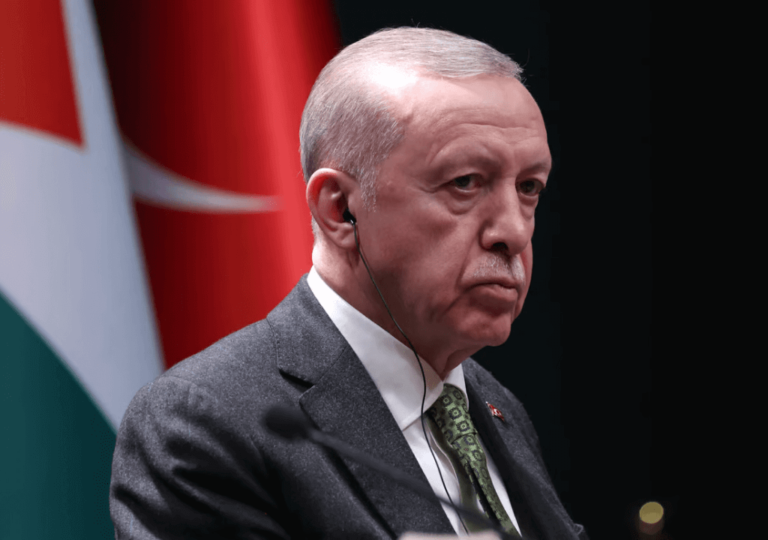
Turkey's Erdogan hints at possible intervention in Gaza amid rising tensions with Israel

Turkey's Erdogan hints at possible intervention in Gaza amid rising tensions with Israel
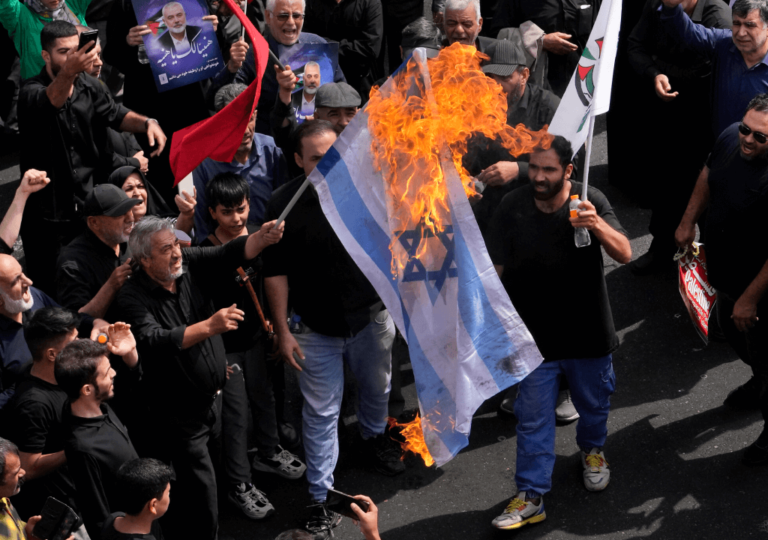
Iran feels humiliated after Israel's assassination of Hamas leader Haniyeh in Tehran
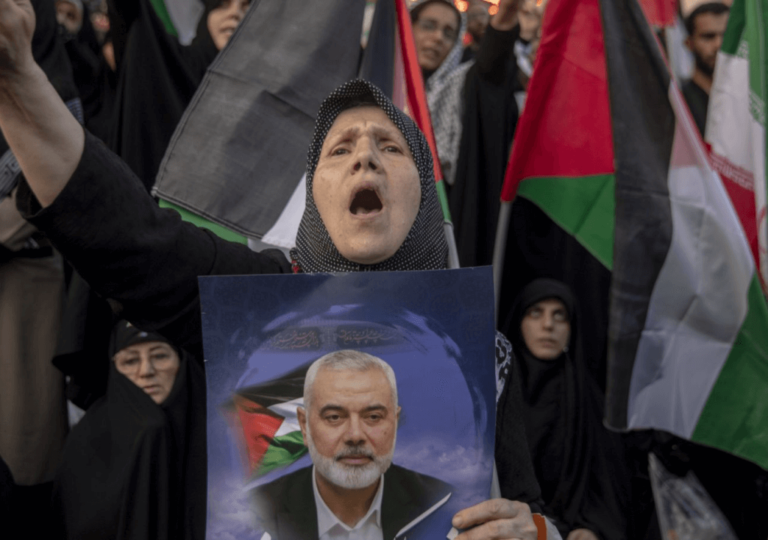
Israel dealt severe blows to Hamas and Hezbollah, killing key leaders amid ongoing conflict
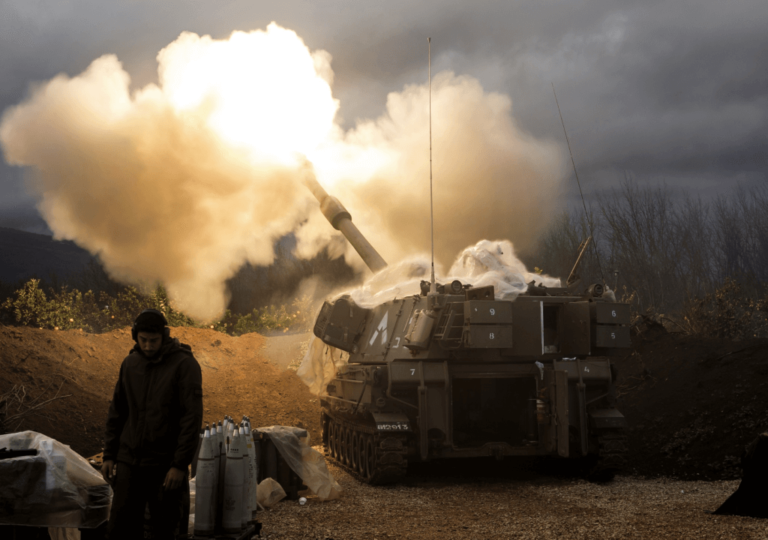
Israel strikes Beirut, targeting Hezbollah commander amid rising tensions and casualties
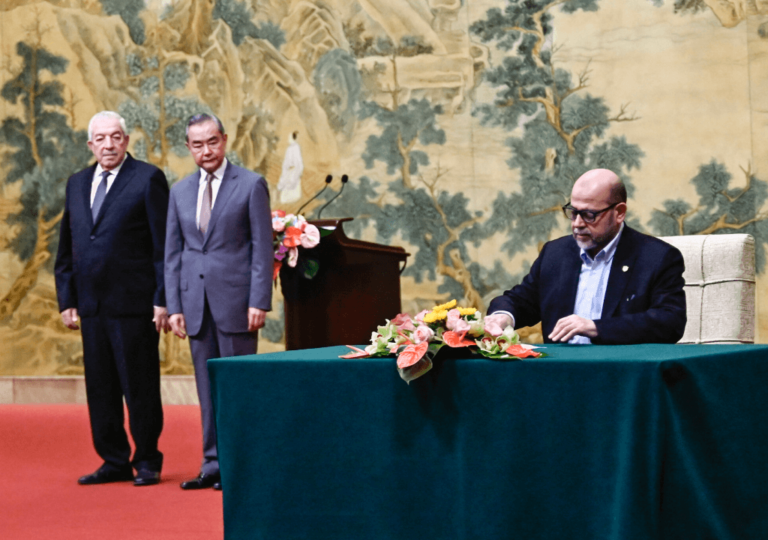
China brokers Palestinian unity deal, but doubts remain over its impact on Gaza crisis and Israel's response
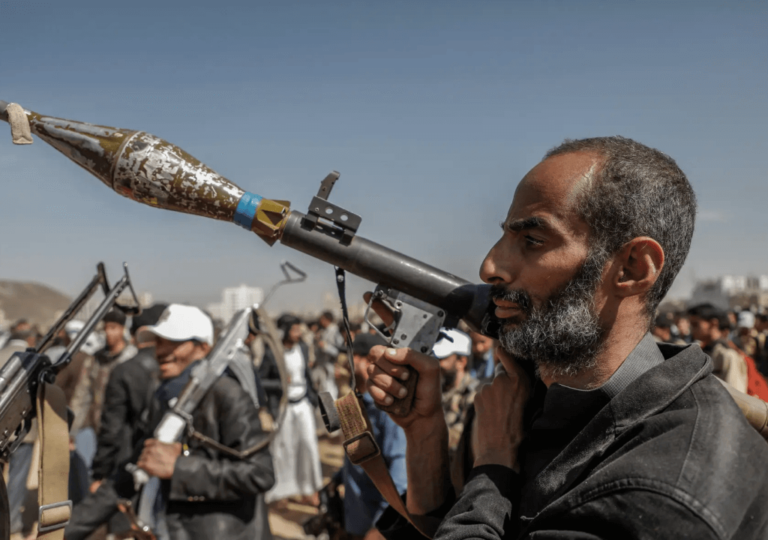
Houthi drone strikes Tel Aviv, marking a significant breach of Israel's defenses
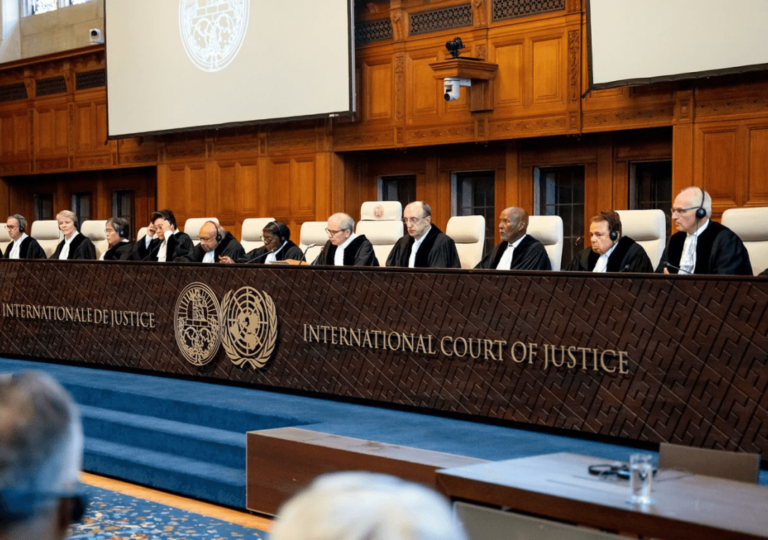
The ICJ orders Israel to end its West Bank occupation, marking a pivotal moment
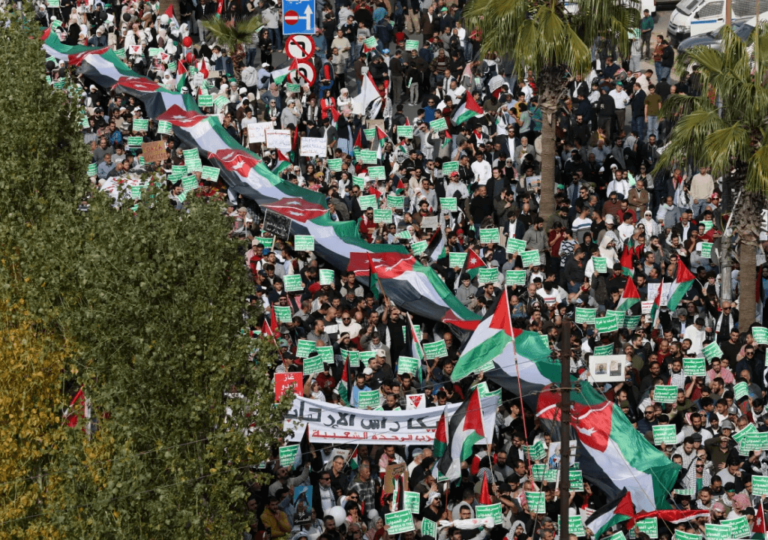
Rising tensions in Gaza trigger complex responses from Jordan, a key regional player with close ties to Israel and the US, as it navigates public outrage and its own constraints
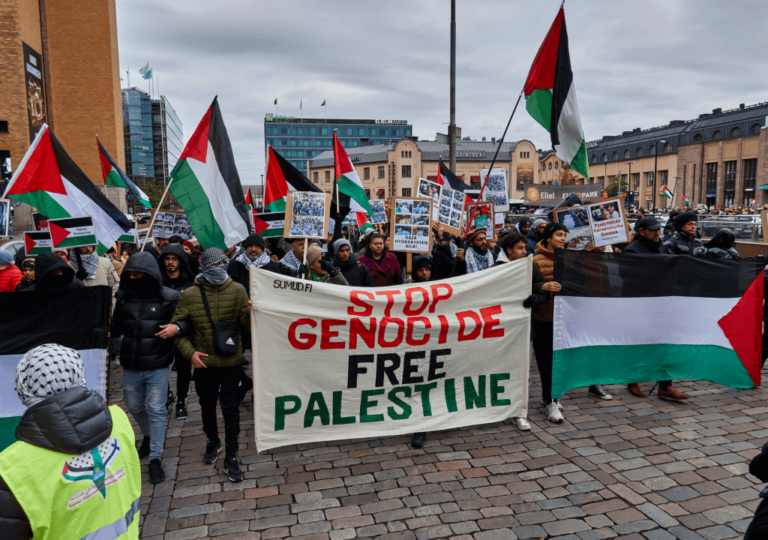
Armenia recognizes Palestine, straining ties with Israel amid shared history and complex relations.
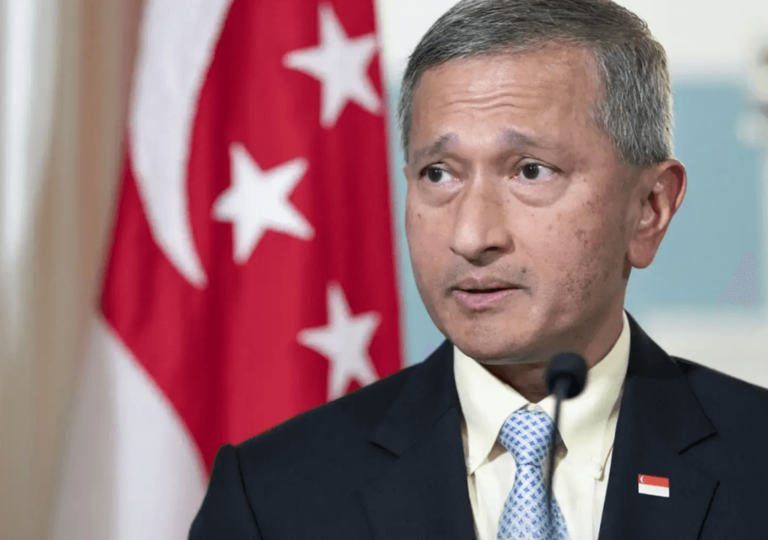
Singapore to recognize Palestine if effective government formed, denounces terrorism and accepts Israel's right to exist